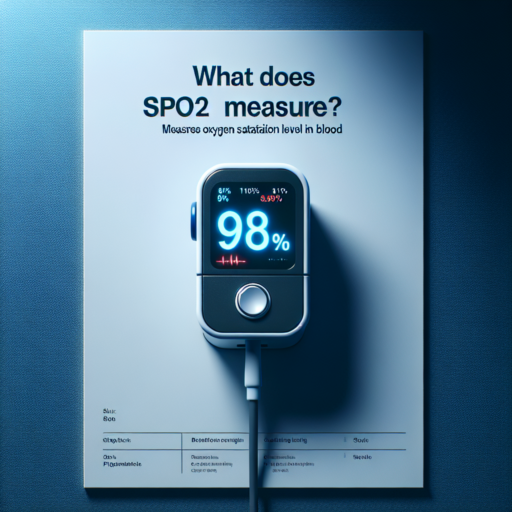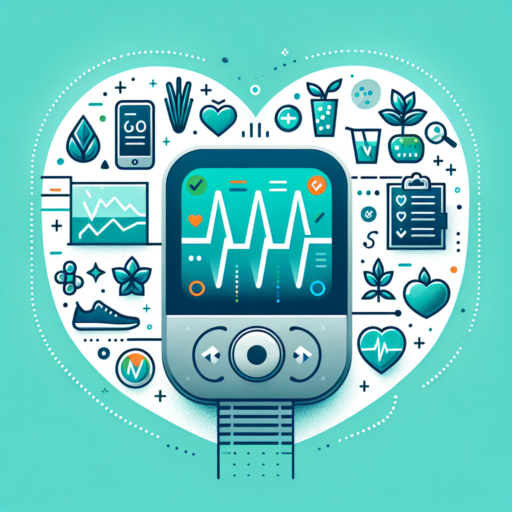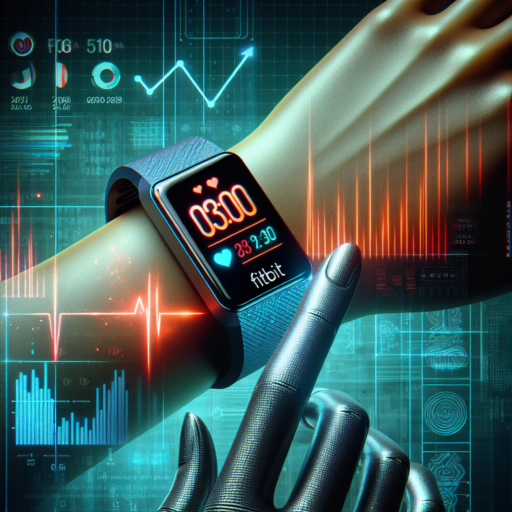No se han encontrado productos.
Which is the most accurate heart rate tracker?
When considering the most accurate heart rate tracker, it’s essential to look at the latest advancements in wearable technology. Various brands claim to offer precision, but a few stand out due to their innovative features and consistent performance. The accuracy of these devices hinges on several factors, including sensor technology, placement on the body, and the algorithms used to interpret the data.
Recent studies and user reviews point to smartwatches and fitness bands from leading tech companies as front runners in providing accurate heart rate measurements. These devices utilize optical heart rate sensors that monitor the blood flow through your skin. However, it’s not just the technology behind these sensors that matter but also how frequently the device samples data and the proprietary algorithms it uses to analyze this data.
Key Factors Influencing Accuracy
- Sensor Quality: Higher quality sensors detect minor changes in blood flow more accurately.
- Data Sampling Rate: Devices that sample heart rate data at higher frequencies offer a more accurate picture of your heart rate over time.
- Wearability and Fit: A secure, comfortable fit ensures consistent skin contact, crucial for accurate readings.
Given these considerations, it becomes clear that finding the most accurate heart rate tracker depends on balancing these aspects. Whether you’re a fitness enthusiast, a professional athlete, or someone monitoring health conditions, the importance of accuracy in heart rate tracking cannot be overstated. While several brands excel, continuous advancements in technology and software mean that today’s leaders may be tomorrow’s runners-up.
How can I track my heartbeat?
Tracking your heartbeat is essential for monitoring your health and fitness levels. With advancements in technology, it’s easier than ever to keep an eye on your heart rate. Whether you’re an athlete looking to optimize performance or someone interested in maintaining good health, understanding how to measure your heartbeat effectively is key.
Using Wearable Heart Rate Monitors
One of the most popular methods for tracking heartbeat is through wearable technology. Devices such as fitness trackers and smartwatches come equipped with heart rate sensors that continuously monitor your heartbeat. These devices not only track your heart rate in real time but also analyze data over time to give you insights into your cardiovascular health.
Mobile Apps for Heart Rate Monitoring
Another convenient way to track your heartbeat is through mobile apps. Many smartphones have built-in sensors that, when used with certain apps, can measure your heart rate. Simply placing your finger over the camera lens allows these apps to detect pulse changes and provide an instant heart rate reading. While not as continuous as wearables, these apps are a great tool for quick checks or for those interested in tracking their heart rate without additional devices.
Regardless of the method chosen, tracking your heartbeat provides valuable information about your health. By regularly monitoring your heart rate, you can identify patterns, understand how different activities affect your heart, and make informed decisions to improve your overall wellbeing. Remember, for the most accurate readings, it’s important to ensure that any device or app you use is calibrated and used according to the manufacturer’s instructions.
How to check heart rate for free?
Checking your heart rate regularly is a great way to stay on top of your cardiovascular health. Thankfully, with technological advancements, there are several methods to check your heart rate for free without the need for expensive gadgets or visits to a medical professional. These methods can easily be incorporated into your daily routine, ensuring you keep a close eye on your heart health.
Using Your Smartphone
Many smartphones come equipped with health applications that can track your heart rate using the phone’s built-in sensors. Simply placing your finger over the camera lens allows the app to measure your pulse through the changes in color under your skin. It’s a quick and easy method to get an instant reading without any cost.
Manual Method
If you prefer a more hands-on approach, the manual method of checking your heart rate is equally effective and completely free. Find your pulse either on your wrist or the side of your neck. Once you’ve located your pulse, count the number of beats in 60 seconds. This traditional method does not require any equipment and can be done anywhere at any time.
Monitoring your heart rate is crucial for detecting any potential irregularities in your heart rhythm. Regular checks allow you to seek medical advice promptly if you notice any unusual patterns. Whether you choose a digital method or the manual technique, the important thing is to be consistent in monitoring your heart health. By taking advantage of these free resources, you can take a proactive step towards maintaining your cardiovascular well-being.
Is there a device that detects heart rate?
Indeed, the modern era of technology has made it possible to monitor one’s heart rate through various devices. These gadgets range from fitness trackers and smartwatches to specialized medical devices specifically designed to keep tabs on heart rate. They have become invaluable tools for athletes, fitness enthusiasts, and individuals monitoring their heart health.
One of the most popular and accessible ways to track heart rate today is through smartwatches and fitness trackers. These devices are worn around the wrist and use optical sensors to detect your pulse. By shining a light onto your skin and measuring the light absorption, they can calculate your heart rate in real-time. This technology allows users to monitor their heartbeats per minute (BPM) during various activities throughout the day.
Aside from wearable technology, there are also standalone heart rate monitors designed specifically for medical monitoring and fitness training. These often take the form of chest straps that measure electrical signals from the heart, providing more accurate data than their wrist-worn counterparts. Such devices are crucial for detailed heart rate monitoring, especially in a clinical setting or for high-performance athletes.



